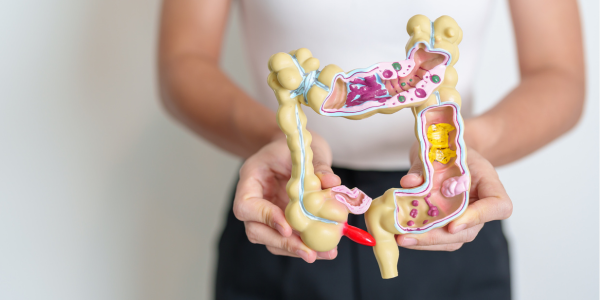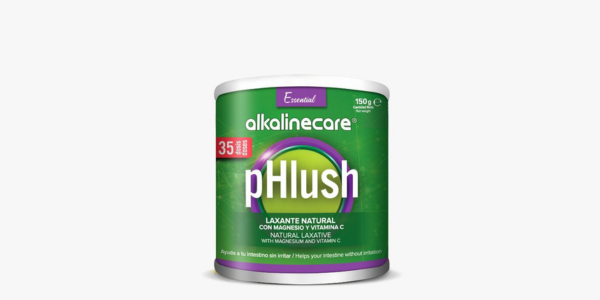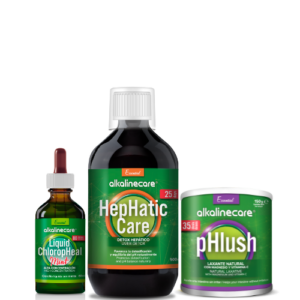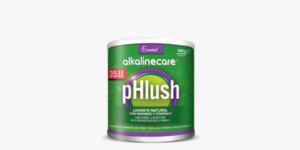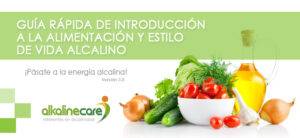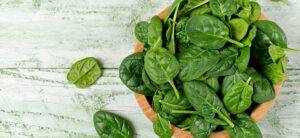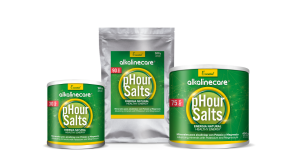Today, we’re going to discuss about colon health, particularly constipation, which affects many people, especially women. Chronic constipation soils the colon, leading to various health issues. Essentially, colon cleansing helps get rid of unnecessary waste from the body. Unexpelled feces accumulate toxins and bacteria, along with “unproductive” weight. Discover the benefits of colon cleansing.
Benefits of Colon Cleansing
Constipation
The causes of constipation may include:
- An imbalance in gut bacteria.
- Not eating enough fiber.
- Not drinking enough water.
- Lack of exercise (sedentary lifestyle).
- Continuous stress and anxiety.
- Certain medical conditions.
- Regular consumption of refined flours, dairy products, red meat, rice.
- Ignoring the urge to have a bowel movement.
What happens when the colon is dirty
The buildup of feces dirties the colon, filling it with toxins and undesirable bacteria. This creates a barrier that prevents proper nutrient absorption, leading to biochemical changes and causing severe damage to the intestinal mucosa, such as dysbiosis, leaky gut, irritable bowel syndrome, etc.
The colon, also known as the “second brain,” is highly innervated and connected to the brain via the vagus nerve. This connection highlights its importance, as the health of the colon directly impacts our emotional state.
Moreover, the gut plays a fundamental role in our immune system, with 60% of it residing in the intestines. When there are more toxins in the gut, there is a higher chance of illness and inflammation.
The toxins accumulated in the colon result from poorly digested food remnants, an inadequate acidic diet, medication intake, bloating, parasites, and mucus from the intestines.
Consequences of a dirty colon
Over the years, accumulated toxins in the colon can lead to:
- Various digestive problems.
- Weight gain.
- Gas, bloating, constipation, diarrhea.
- Migraines and headaches.
- Intestinal and vaginal candidiasis.
- Skin issues.
- Fatigue and tiredness.
- Lower back pain.
- Heaviness in the legs.
- Mental fog and lack of focus.
- Mood swings, anxiety, and depression (90% of serotonin is produced in the gut).
- Alteration of gut microflora (intestinal inflammation).
- Hemorrhoids and anal fissures.
The colon can retain up to 10 kg of fecal matter.
How to achieve a clean and unclogged colon
Diet
This point is crucial. You should follow a plant based diet, with lots of vegetables, leafy greens, and whole fruits due to their high vitamin, mineral, and fiber content. To fight against constipation and maintain a clean colon with a healthy microflora, consuming fiber is essential. Fiber acts like a broom, sweeping away impurities, ist´s a prebiotic, and stimulates peristaltic movements.
Add regularly to your smoothies and/or juices a bit of Psyllium Husk a soluble fiber, and you’ll see an improvement in your bowel movements.
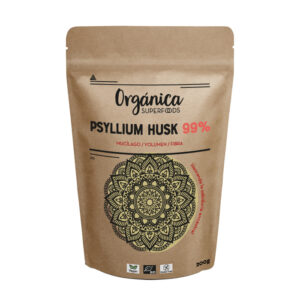
Hydration
The colon loves water and needs it to function efficiently. Drink at least 6 to 8 glasses of alkaline water daily. Alkaline water cleanses you from within, acting like a soap and helping with constipation. For stools to be expelled properly, they need to be hydrated. Additionally, alkaline water promotes peristaltic movements.

Colon Cleansing
Try to do a colon cleanse at least a couple of times a year. You can do this with colon hydrotherapy or by taking pHlush pHlush is a natural osmolar laxative made from magnesium, medicinal herbs, and L-Glutamine that gently cleanses the colon, regenerates the intestinal mucosa, helps eliminate accumulated feces and excess mucus, and helps maintain the intestinal microflora and its pH balanced.
Conclusion
To have a clean colon is a prerequisite for being healthy, feeling energetic, inflammation-free, feeling happy, and maintaining a healthy weight. Even if you’re someone who goes daily to the toilet, it’s advisable to occasionally do a colon cleanse as a preventive measure. If you do it, you’ll feel great!



